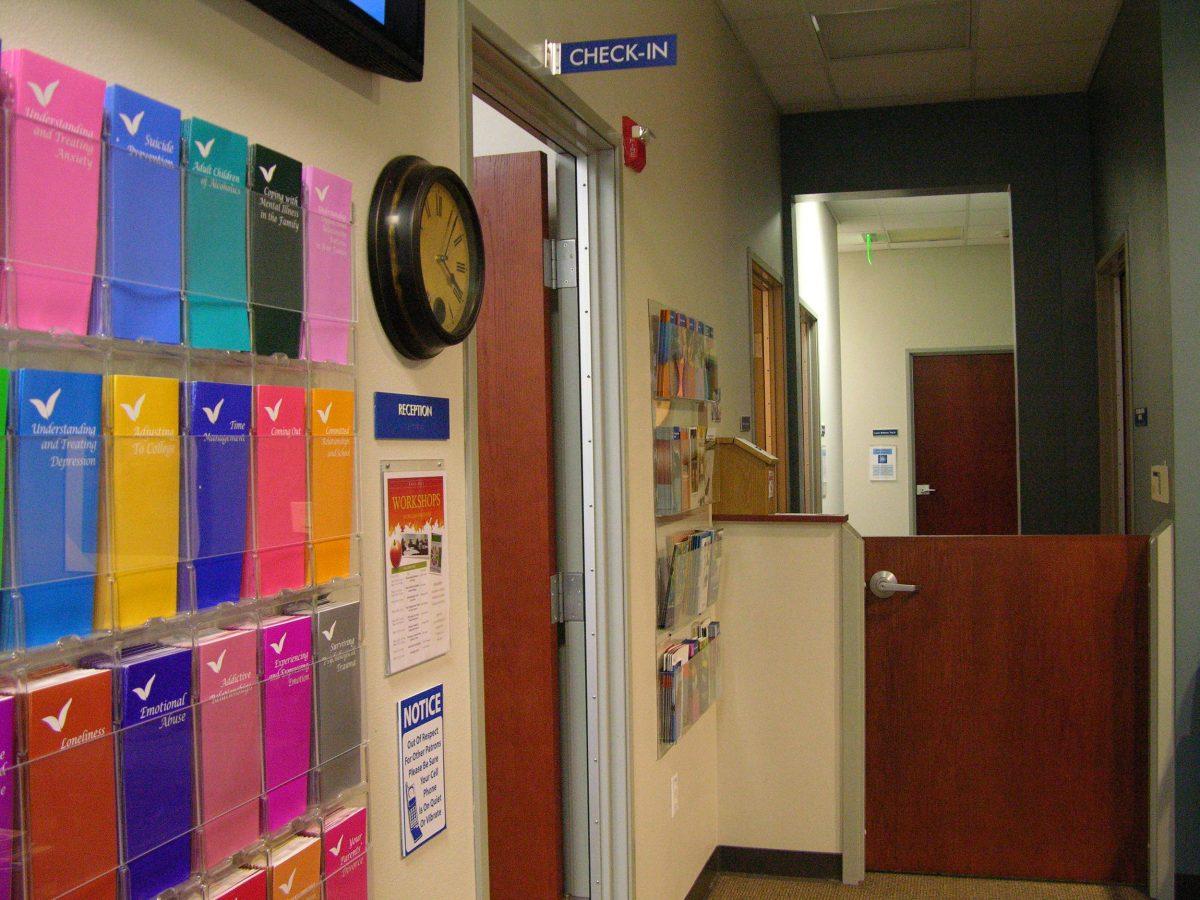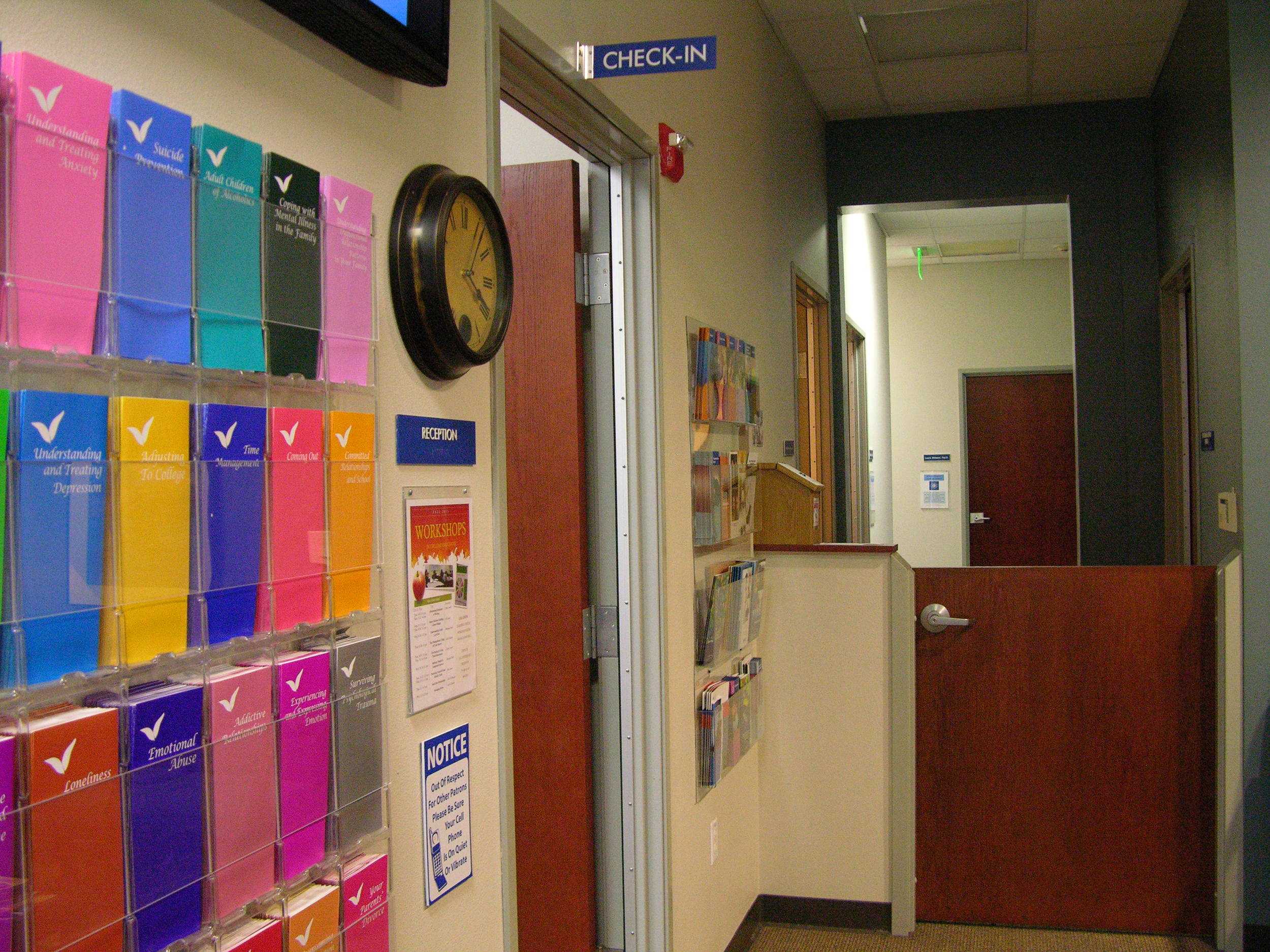According to research conducted by the American Psychological Association, anxiety is the biggest concern among college students, followed by depression.
With finals quickly approaching, cold weather on the horizon and an increasing wait list at Counseling and Psychological Services, it seems that these issues are affecting Sonoma State Students more than usual.
“The best thing about seeing a professional counselor (and we are all highly trained doctoral level professional psychologists and counselors) is that it’s not like talking to a friend or relative,” said Lisa Wyatt, Director and licensed psychologist at Counseling and Psychological Services since August of 2007.
According to research conducted by Healthline, one out of four college student have to deal with mental illnesses. Statistics show that 75 percent of college students do not look for the help that they need to deal with their mental illnesses such as depression and anxiety.
“I have been told over and over again to put a smile on my face; to be happy because depression is all a mind game, so make myself happy. Honestly, if it were that easy, I wouldn’t be in the position I am in and neither would the millions of students that have a mental health problem,” said Sophie, whose name has been changed to protect her privacy.
According to research conducted by Healthline, college students who do not eat or sleep well, and who do not exercise enough, become depressed easily. Students who are already depressed will benefit from exercising, a healthier diet, and resting more than most students. Binge drinking, smoking marijuana, and participating in risky sexual behaviors are symptoms often seen among depressed students, and is a way that some choose to cope with the problem.
According to the CAPS page on the Sonoma State University website, there are many ways to prevent a suicide caused by depression. Signs include, hopelessness, rage, uncontrolled anger, acting reckless or engaging in risky activities, feeling trapped, withdrawing from friends, family and society, and a few others that can be checked out on the Sonoma State University CAPS website.
“I have battled depression for years now. One of the hardest things for me is trying to ‘feel normal’ and shove my emotions to the side. I don’t want to be upset around others all the time, nor do I want to bring them down when they’re happy,” said Jane, whose name has been changed to protect her privacy.
According to research conducted by PsychCentral, students struggling with anxiety and depression should look into their counselor on campus. Students might also get referred to see a therapist nearby or speak with an approachable professor, career counselor or resident assistant. Students can call the National Suicide Prevention Hotline (800) 273-TALK, which is a crisis line as well as a place to get advice and have someone to talk to.
“[CAPS] has great opportunities to train students about depression and suicide. First, [they] have the “Kognito: At Risk Students” interactive online training and [they] are also offering QPR (Question, Persuade, Refer) suicide prevention training for students. These will end in April and are a way for students to help students,” said Wyatt.
According to research conducted by Healthline, suicide is the third leading cause of death in young people between the ages of 15 and 24 in the U.S., and male students commit suicide at five times the rate of women, but female students attempt to kill themselves more often.
Talking to a psychologist at CAPS is, “often much better because we don’t judge – there isn’t anything any student could say that we haven’t heard before or would be shocked to hear – unlike a friend or relative. We’re trained to help and do help so many students,” said Wyatt.





![[Both photos courtesy of sonoma.edu]
Ming-Ting Mike Lee stepped in as the new SSU president following Sakakis resignation in July 2022](https://sonomastatestar.com/wp-content/uploads/2024/04/CC4520AB-22A7-41B2-9F6F-2A2D5F76A28C-1200x1200.jpeg)



























